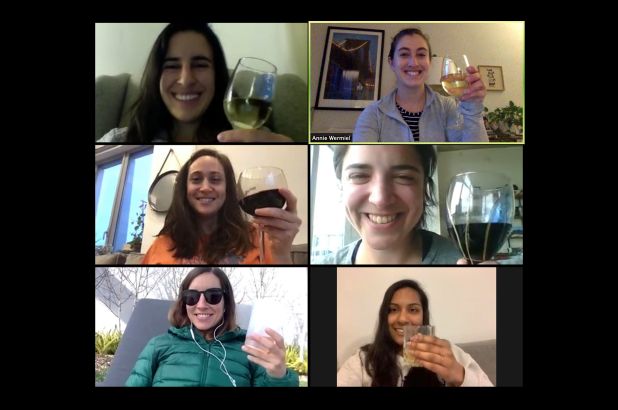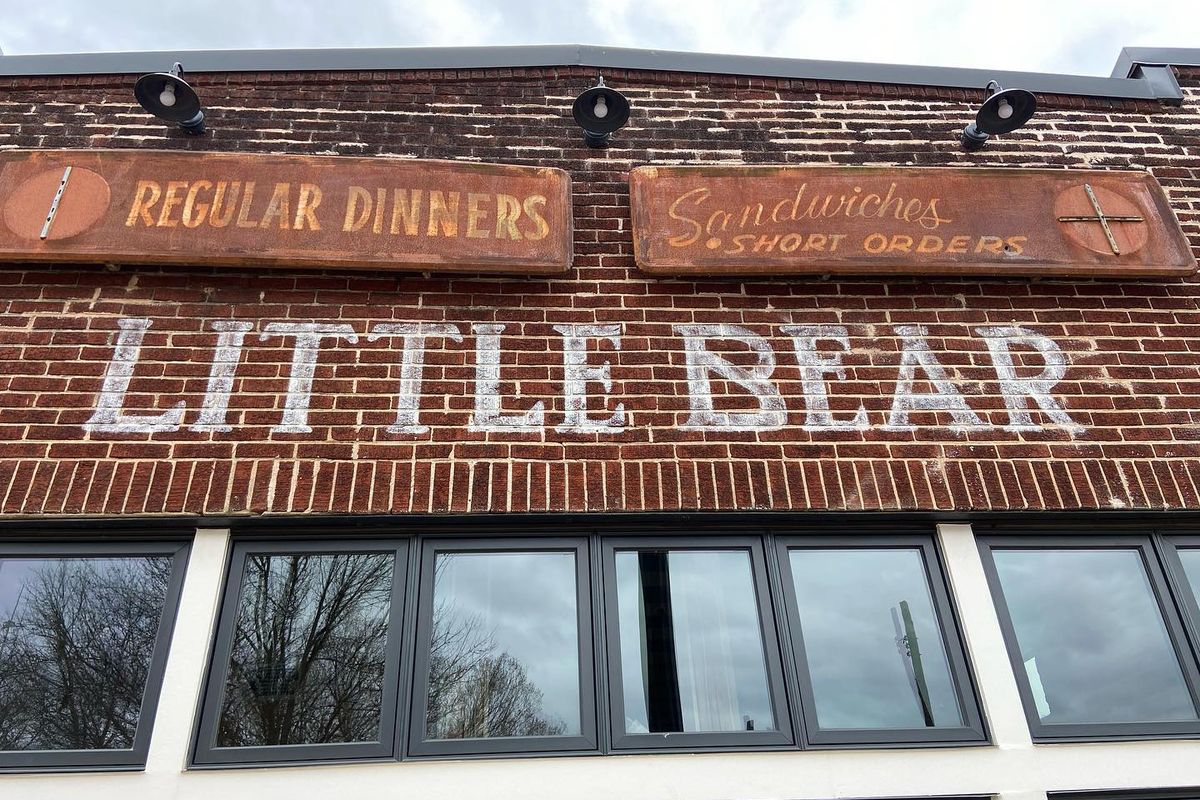Breast Health In The Time Of COVID19: Volume 2
19 Things to Do to Promote Breast Health during the COVID- 19 Pandemic
In my first volume, I explained what to do if your screening mammogram has been postponed. In this volume I will touch on diet and some other factors that can affect your breasts.
There are so many disruptions in our daily routines these days, it is easy to suspend some good habits, and perhaps supplant them with bad habits. So it may be a good time to take inventory of your daily routine, since so many of us have a lot of free time on our hands. At least you could have free time if you tear yourself away from Social Media, and the television. But do spend some reasonable time educating yourself on LinkedIn and other places.
While the number 19 may intimidate you, in fact I had to whittle the list down to mention only 19, so I hope you will take some of them to heart. I will cover all of them over the next three installments of this post.
#1 Limit your alcohol intake.

#2 Maintain ideal body weight.

#3 Stop smoking, or don’t start back.
I don’t think anyone but the Flat Earth Society would claim to be unaware of the cancer risk associated with smoking, except perhaps for the tobacco industry executives. Although the risk for lung cancer is particularly familiar there is also an increase in the risk of breast cancer for smokers. The data is not as strong as for lung cancer, but the data is good enough for me to strongly recommend that everyone stop smoking. So just do it!
#4 If you are taking estrogen (Premarin), or particularly estrogen/progesterone (Prempro), please investigate with your Doctor to confirm if you can stop taking it or if there are natural alternatives.
Fewer women are prescribed hormones after menopause these days because data has shown significant adverse effects with long term use, including increased risk of heart disease, and increased risk of breast and ovarian cancer. There may still be limited role for estrogen therapy after menopausal if your postmenopausal symptoms are severe, but it would be better if you can find an effective nonhormonal options.
#5 Get a good night’s sleep, preferably 7 or more hours.

#6 Thinking of getting pregnant? It could be a good idea.
There are already predictions of a COVID Baby Boom beginning 9 months from now, and then there are naysayers. At any rate, does it have any relevance in terms of breast health? Well as it turns out, there is a definite decreased risk of breast cancer in women who have their first full term pregnancy early in life. Of course, a decision to start a family must be weighed carefully, so far as breast cancer risk is concerned, the sooner the better.
I’ll continue this list in the next installment, coming soon. Did you catch the first volume? I hope you’ll seriously considering some of these suggestions to help improve your breast health. I’d love some feedback. Feel free to comment, and stay safe!

